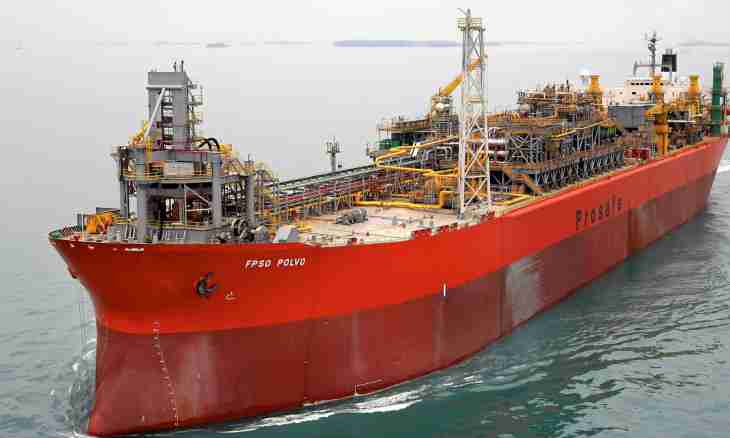Since ancient times the mankind sought to master river and sea open spaces of the planet. The first areas of resettlement of the person were formed on coast of the rivers, lakes, the seas. River and maritime routes are the foremost thoroughfares used by the person. For development of water resources the whole science – shipbuilding developed. Construction of the ships is based on the whole complex of sciences and crafts, experience of experts and technical achievements
Shipbuilding history
The historical science cannot define exact start dates of vessel construction. But in many written sources it is mentioned sea vessels and existence of trade ways which connected among themselves human settlements. These certificates confirm high achievements of ancient shipbuilding technologies. The first simplest vessels were invented long before the wheel vehicle.
Detailed descriptions of construction of the ships are provided in mythology. Already about 2500 years ago the ships differed according to the destination - for transportation of goods and for transportation of passengers. The ships were put in action by poles, oars, sails. Already later began to build vessels for rest of rich people. The tree was the main material for construction of the ships. Modern vessels build of metal, and thickness of a framework can be such that it cannot almost be punched.
As the ship floats
The ability of the ship to float in a certain situation is defined by the term "buoyancy".
Buoyancy — property of the body shipped in liquid to remain in balance, without leaving water and without plunging further, that is to float.
The buoyancy of the vessel is proved by the fact that the gravity of the vessel is counterbalanced with the pushing-out powers of water which arise in the course of the hydrostatic pressure upon a hull. This interrelation was removed in the law by the Ancient Greek scientist Archimedes. The pushing-out powers of water depend on density of liquid and volume of a hull. Under the influence of these forces the ship can move.
Hydrostatic pressure is the relation of forces to the area of a body in any liquid, the liquids caused by ponderability.
There are several conditions for navigation of the vessel: if the gravity of the ship is more than hydrostatic pressure, then the vessel will sink; if the gravity of the ship is equal to hydrostatic pressure, then the vessel will be in balance in any point of liquid, will float in liquid; if gravity is less than hydrostatic forces, then the vessel will float. The ships on the weight really heavy, but they have a sufficient reserve of air in the case and high boards. Gravity of any vessel is less than hydrostatic powers of water therefore the ships float. If to exceed vessel loading capacity, then gravity will be more influence of hydrostatic forces, and the ship will sink. The similar situation will arise if the vessel received a hole. The case will be filled with water, gravity increases, the ship sinks.

